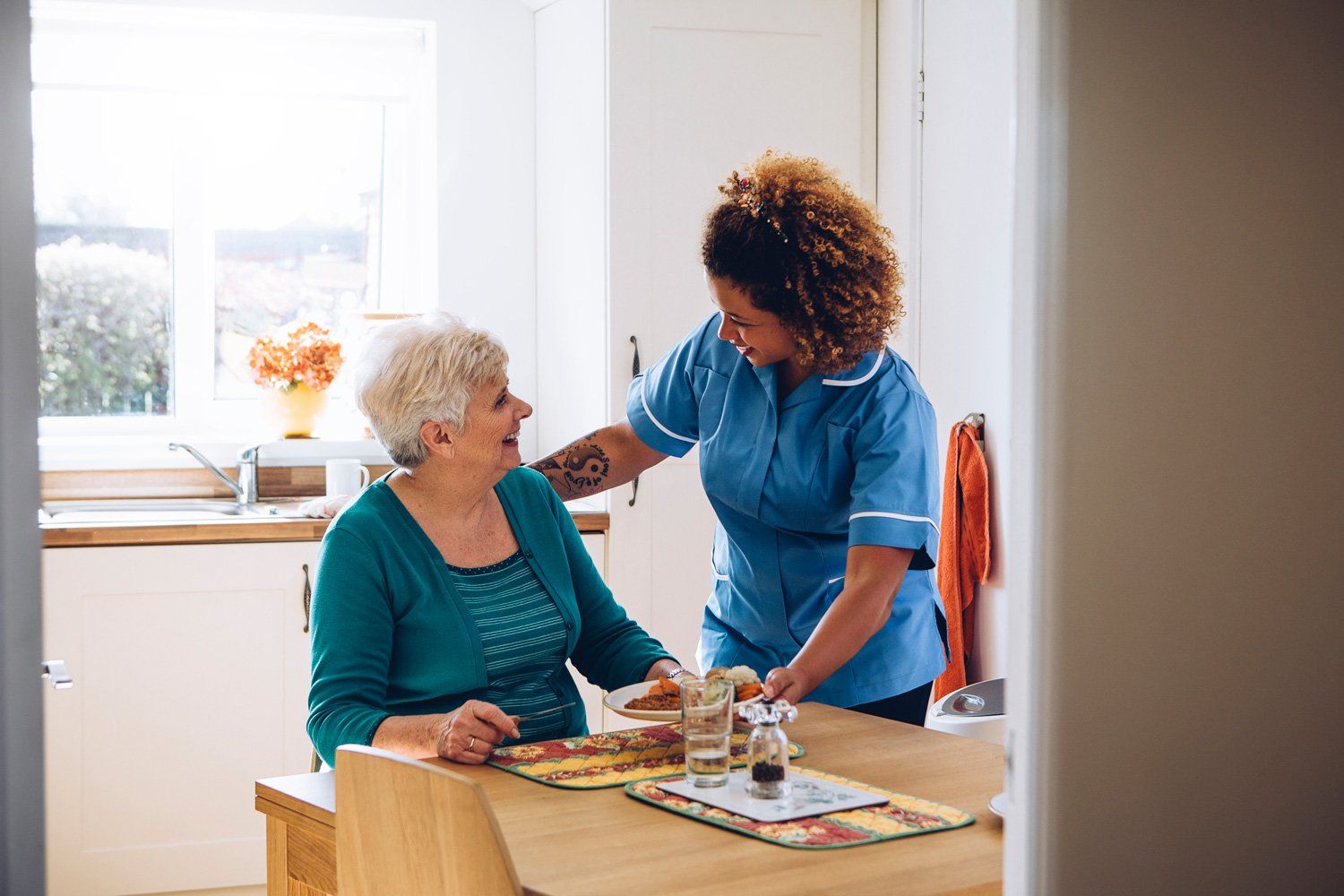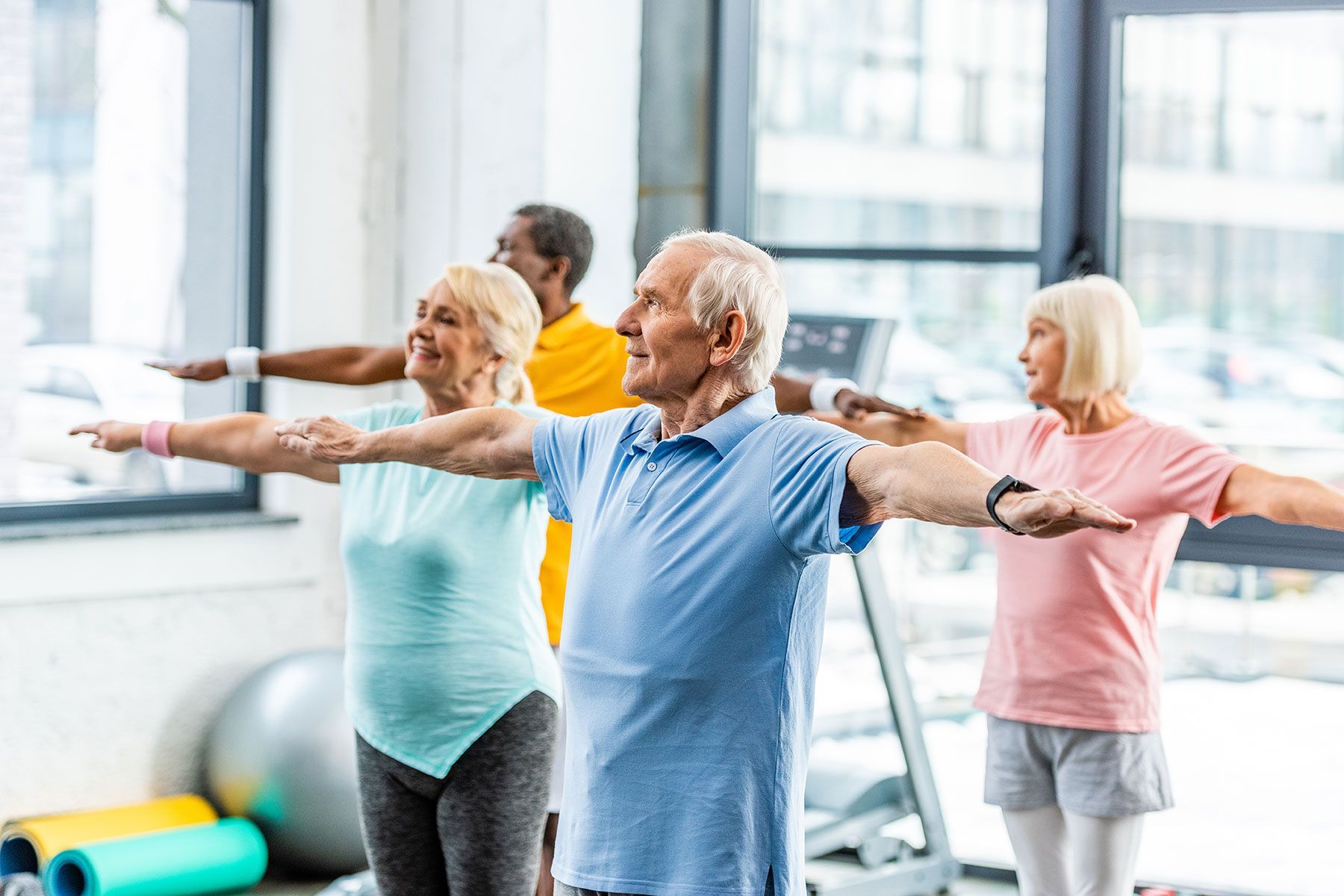September 4, 2025
Exercise Staying active is essential for healthy aging. Regular exercise can reduce the risk of chronic disease, improve mobility and independence, enhance balance to prevent falls, and support cognitive function and mood. Older adults should aim for about 150 minutes of moderate-intensity activity per week, choosing exercises that match their interests and abilities. Low-impact options such as walking, chair exercises, yoga, strength training, cycling, tai chi, and swimming are all excellent choices. To get the most benefit, start gradually, set goals, track your progress, address obstacles, involve others to make it social, and vary your activities to keep them enjoyable and engaging. Nutrition As we age, nutritional needs shift, making a balanced diet vital for energy and overall health. Eating a variety of nutrient-rich foods—like fresh fruits and vegetables, lean proteins, and whole grains—helps meet these needs. Protein is particularly important for maintaining muscle mass, and sources can include seafood, meats, eggs, beans, lentils, nuts, seeds, and soy products. Getting enough vitamin B12 from fortified cereals and protein-rich foods is also important, as is staying hydrated by drinking water and unsweetened beverages even when you don’t feel thirsty. Limiting sugar, excess sodium, and unhealthy fats further supports both physical and cognitive health. Sleep Quality sleep is critical for overall well-being, yet aging often brings changes in sleep patterns. Sleep disorders such as insomnia are common, but establishing healthy habits can improve sleep quality. Creating a dark, quiet, and distraction-free bedroom, maintaining a consistent bedtime routine, avoiding caffeine and alcohol near bedtime, exercising during the day, and managing stress can all help. If sleep problems persist or interfere with daily life, consulting a healthcare professional is recommended. Cognition Cognitive health—the ability to think, learn, and remember—is essential for maintaining independence. While genetics play a role, lifestyle choices can significantly influence brain function. Staying physically active, eating a balanced diet, and engaging in mentally stimulating activities such as reading, learning new skills, or pursuing hobbies can help maintain cognitive abilities. Avoid relying on unverified brain-training apps; real-world mental engagement has proven benefits for maintaining a sharp mind. Connection Social connections are closely linked to overall health and longevity, while loneliness can increase the risk of disease, mental health challenges, and premature death. Older adults can foster meaningful connections by joining interest-based communities or classes, spending time with friends and family in person or virtually, using technology to stay in touch, adopting a pet for companionship, and engaging with neighbors or local community resources. Building and maintaining strong social networks supports mental, emotional, and physical well-being.















